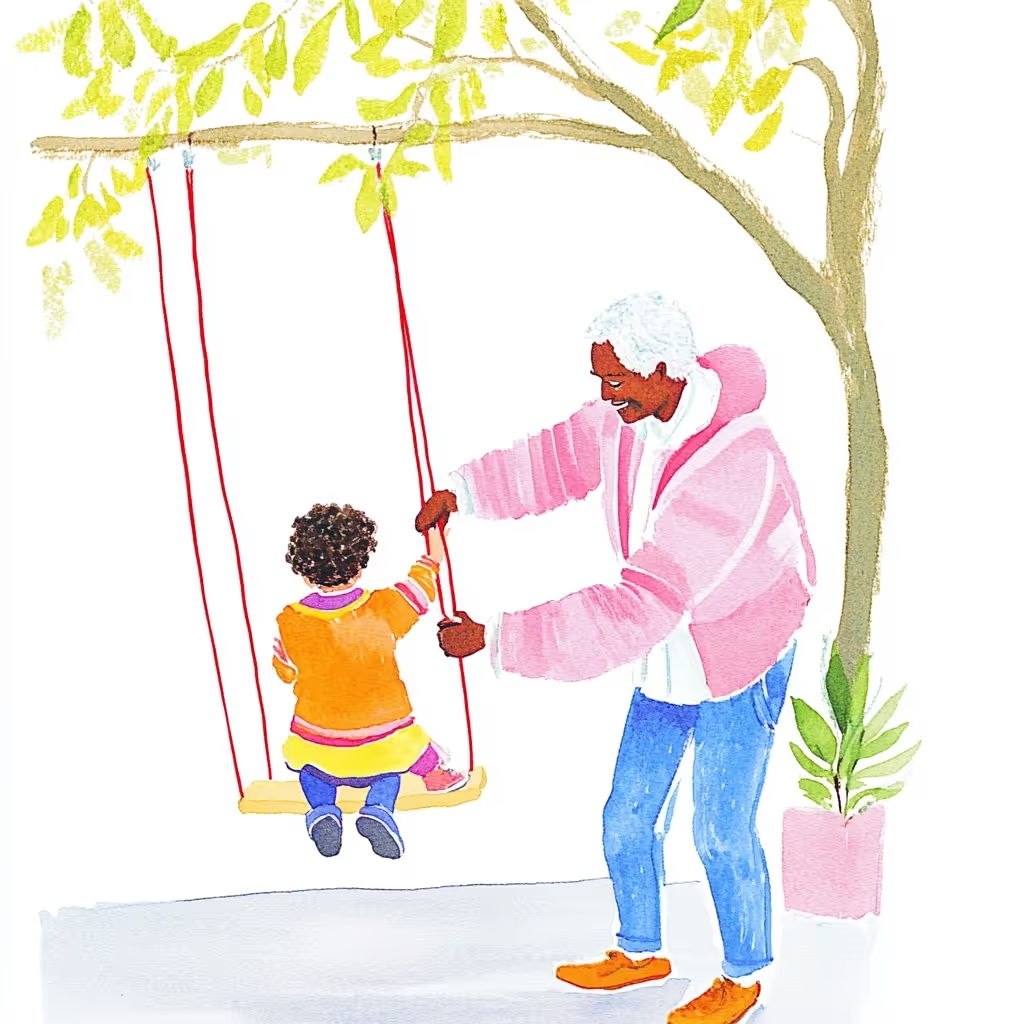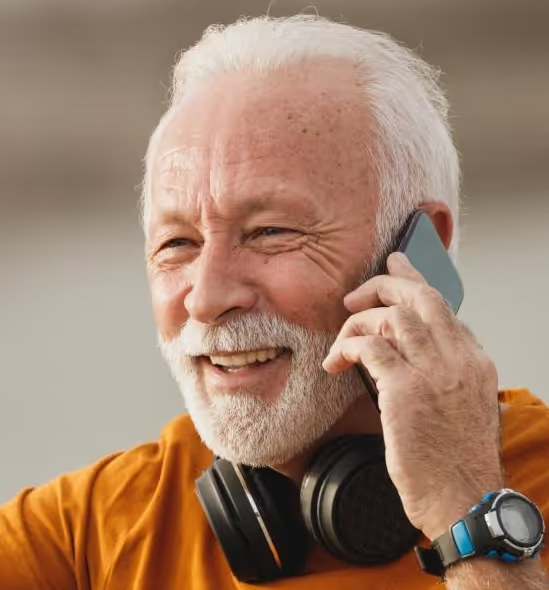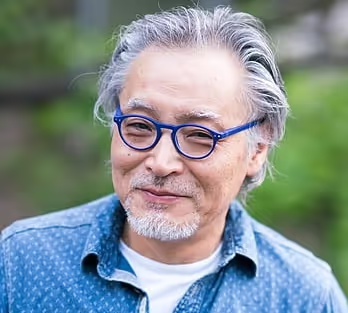
Aging gracefully isn’t just about maintaining physical health; it also requires nurturing mental and emotional well-being. While many seniors focus on staying physically active to remain healthy, cognitive and emotional fitness are just as important for a fulfilling and balanced life. Mental fitness helps seniors stay sharp, emotionally resilient, and better equipped to handle the challenges that aging can bring. Here’s why mental fitness matters and how seniors can incorporate it into their daily routines to age gracefully.
The Importance of Cognitive Health
Cognitive health involves keeping the brain active, engaged, and functioning at its best. As we age, normal cognitive changes like slower processing speeds or minor memory lapses are common. However, practicing mental exercises can help delay or prevent more serious cognitive decline, such as dementia or Alzheimer’s disease. Just as physical exercise keeps the body fit, mental exercises keep the brain sharp.
Mental Exercises: Engaging in activities that challenge the brain, such as puzzles, learning a new language, or playing strategy games, can improve cognitive function. Even hobbies like reading, writing, or playing musical instruments stimulate the brain and help create new neural pathways. Research has shown that continuing to learn and push cognitive boundaries can significantly reduce the risk of cognitive impairment.
Emotional Well-Being
Emotional health is equally crucial as we age. The later years can bring significant life changes—retirement, the loss of loved ones, or shifting roles within the family—which can sometimes lead to feelings of sadness, isolation, or anxiety. Fostering emotional resilience is key to navigating these transitions and maintaining a positive outlook on life.
Mindfulness and Meditation: Mindfulness practices, such as meditation, deep breathing, or even yoga, are effective tools for staying emotionally balanced. These techniques encourage seniors to focus on the present moment, helping them manage stress and anxiety. Studies show that mindfulness can also improve mood, reduce symptoms of depression, and enhance overall life satisfaction. Setting aside a few minutes a day for meditation or relaxation can provide mental clarity and emotional calm.
Therapy and Emotional Support: Aging gracefully also means knowing when to seek help. Therapy, whether one-on-one or in a group setting, offers a safe space for seniors to discuss their emotions, explore fears or concerns, and receive guidance on how to cope with life’s changes. At Sailor Health, our therapists specialize in geriatric mental health and provide personalized support to help seniors build emotional resilience and feel more connected. Therapy can be an essential tool for processing grief, managing anxiety, or simply gaining new perspectives on the aging process.
Staying Socially Connected
Maintaining social connections is another crucial component of mental fitness. Social isolation can lead to depression, anxiety, and even cognitive decline, particularly in older adults. Staying connected with friends, family, and community members helps create a support network that promotes both cognitive and emotional health. Engaging in conversations, attending social events, or participating in group activities not only stimulates the mind but also nurtures the emotional bonds that are so important in the later stages of life.
Virtual Communities and Social Networks: In today's digital world, staying connected is easier than ever. Virtual platforms allow seniors to participate in video chats, join online groups, or even attend virtual therapy sessions. This helps ensure that seniors who may face mobility challenges or live far from loved ones can still feel supported and engaged.
Combining Physical and Mental Health for a Holistic Approach
While physical activity is often prioritized as a marker of healthy aging, it also plays a key role in mental fitness. Exercise boosts blood flow to the brain, reduces stress, and releases endorphins—natural chemicals that enhance mood. Activities like walking, swimming, or yoga are not only good for the body but also improve cognitive function and emotional well-being.
Mind-Body Exercises: Certain physical activities, such as tai chi or yoga, incorporate both mental focus and physical movement. These exercises improve balance, flexibility, and concentration, making them ideal for seniors looking to combine physical and mental fitness.
How Sailor Health Supports Mental Fitness
At Sailor Health, we understand the importance of mental fitness for seniors and offer tailored support through virtual therapy sessions that focus on emotional health, cognitive challenges, and overall well-being. Our licensed therapists are experienced in geriatric mental health and work closely with seniors to provide the tools and guidance needed to maintain mental sharpness and emotional balance.
Whether it’s managing anxiety, processing life transitions, or staying cognitively engaged, Sailor Health is committed to helping seniors age gracefully—mentally, emotionally, and physically. By integrating therapy, mindfulness practices, and social engagement into daily life, seniors can not only maintain their cognitive health but thrive emotionally, enjoying life’s later stages with clarity and purpose.
Final Thoughts
Aging gracefully involves more than just taking care of your body; it’s about nurturing the mind and emotions as well. By prioritizing mental fitness through cognitive exercises, emotional support, social connections, and mindfulness, seniors can lead a fulfilling, balanced life as they age. With the support of services like Sailor Health, seniors can embrace the later years with strength, resilience, and optimism.
Frequently Asked Questions
What is Sailor Health?

Sailor Health is a premium mental health service designed specifically for older adults. We connect seniors with licensed therapists who specialize in geriatric care, offering personalized therapy to address issues like anxiety, depression, and the challenges of aging.
Our services are accessible through secure online or phone-based sessions, making it easy for you to receive care from the comfort of their homes.
Is Sailor Health covered by insurance?

Yes, Sailor Health is in-network with Medicare and many Medicare Advantage plans, making our services accessible and affordable for our clients. We believe that mental health care should be within reach for everyone, so we work hard to ensure that our services are affordable but exceptional.
What if my loved one isn’t comfortable with technology?

We understand that technology can be intimidating for some older adults. Studies show that many older adults actually find online therapy more comfortable and convenient once they try it, with clinical outcomes comparable to in-person therapy.
Seniors can join therapy sessions with a simple video link or a phone call (no smart phone required). We offer step-by-step guidance and are available to help with any technical issues, ensuring that technology doesn’t stand in the way of receiving quality therapy.
How do I know if a therapist is the right fit for me?

We carefully match you with a therapist based on your preferences and needs. To help you feel confident in your choice, we offer a consultation to discuss your goals and preferences. If it’s not the right fit, we’ll work with you to find a therapist who is.
How do you ensure privacy and confidentiality?

Privacy and confidentiality are cornerstones of our service at Sailor Health. We use secure, HIPAA-compliant platforms for all telehealth sessions, ensuring that your personal information and the details of your therapy are kept strictly confidential. Our therapists adhere to professional ethical standards, and we have rigorous data protection measures in place to safeguard your privacy at all times.
About the author
.jpg)
Dr. Daniel Burow

%20(390%20x%20424%20px).avif)


.avif)
%20(390%20x%20424%20px)%20(400%20x%20400%20px).avif)
%20(390%20x%20424%20px)%20(400%20x%20400%20px).avif)

%20(390%20x%20424%20px)%20(400%20x%20400%20px).avif)
%20(390%20x%20424%20px).avif)







